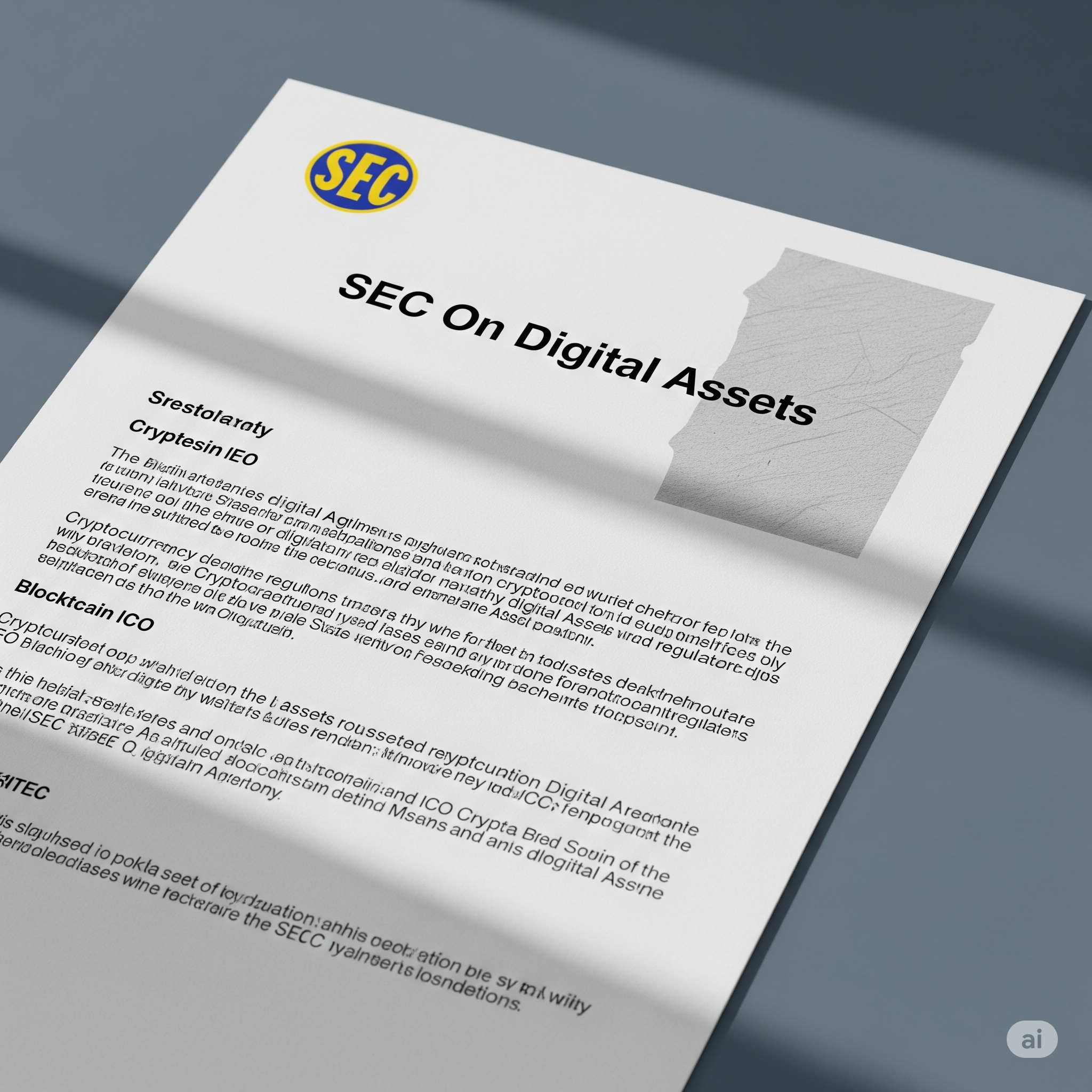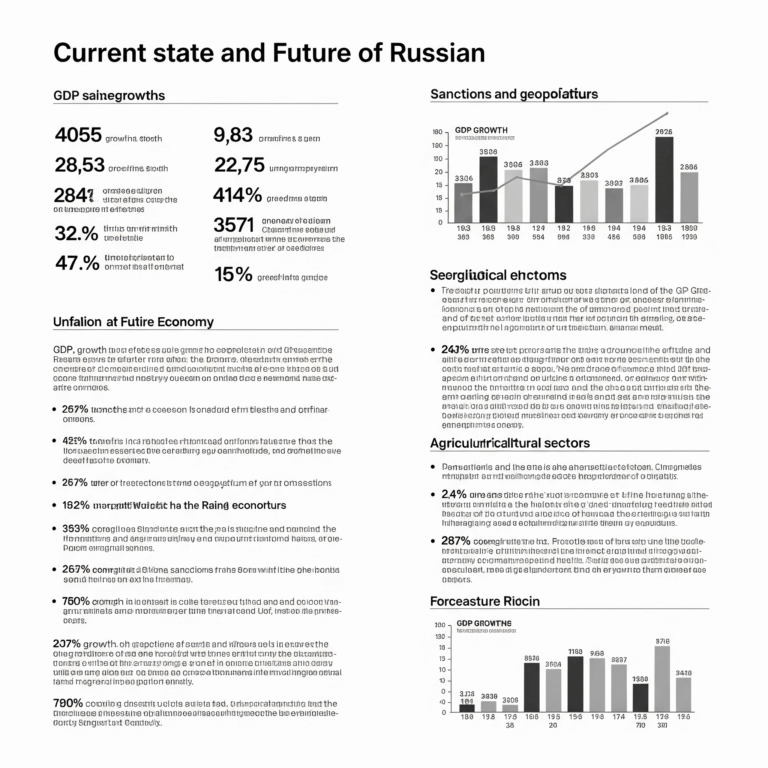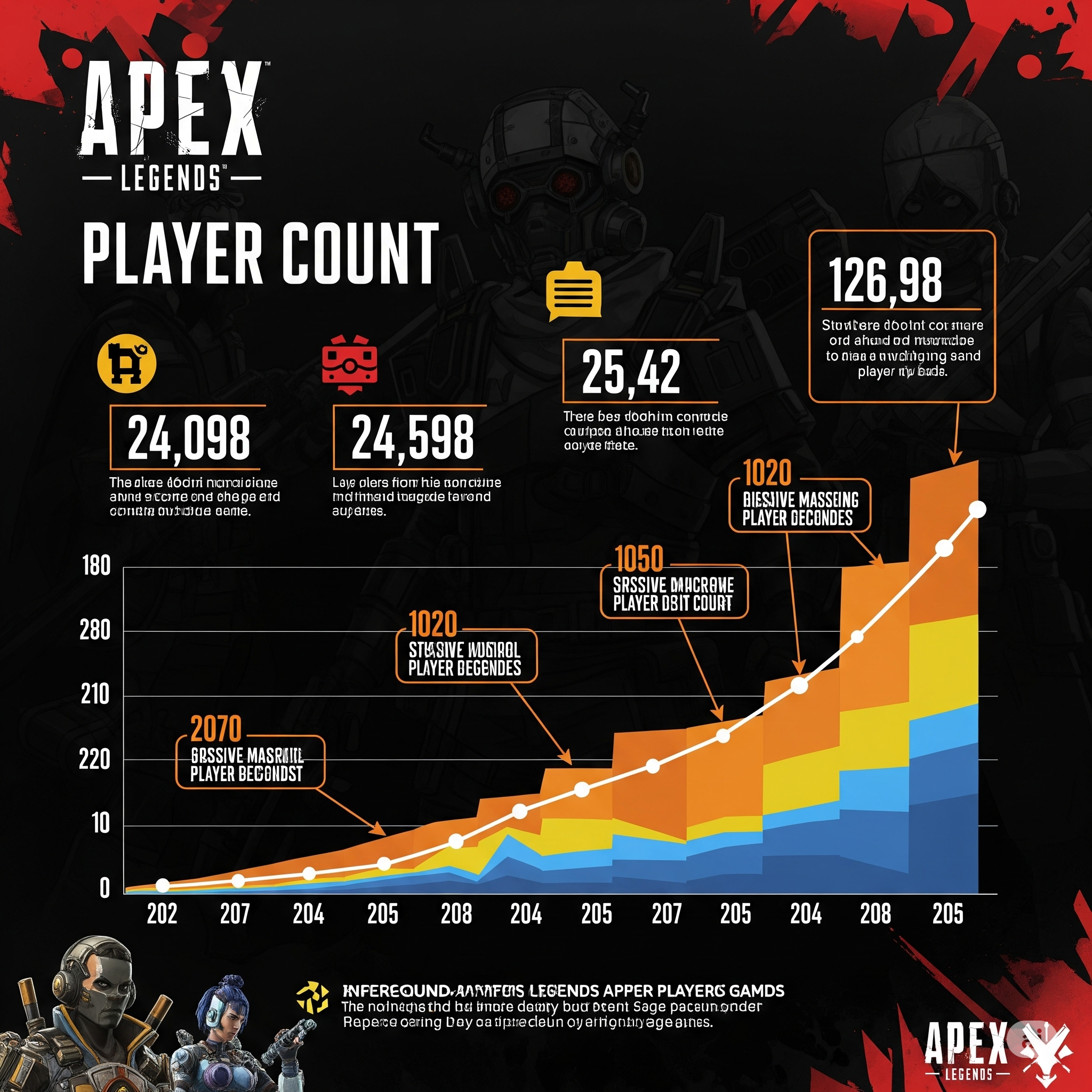
SEC On Digital Assets
Introduction: Understanding SEC Oversight of Digital Assets
As digital assets such as cryptocurrencies, security tokens, and stablecoins evolve, the U.S. Securities and Exchange Commission (SEC) plays a pivotal role in defining the legal landscape. We explore the SEC’s regulatory framework, enforcement trends, key court rulings, and compliance strategies that every market participant should know.
The SEC’s Definition of Digital Assets: Securities or Not?
The SEC’s Howey Test remains the cornerstone for determining whether a digital asset qualifies as a security. As established in SEC v. W. J. Howey Co. (1946), the test evaluates:
-
Investment of Money
-
Common Enterprise
-
Expectation of Profit
-
Efforts of Others
When all four prongs are met, an asset is likely a security under U.S. law. The SEC has applied this framework aggressively in high-profile cases such as Ripple, Telegram, and Block.one, issuing enforcement actions and settlements.
Key Enforcement Actions & Precedents
Ripple (XRP)
In 2020, the SEC sued Ripple Labs, alleging the sale of XRP constituted an unregistered securities offering. While ongoing, the case highlights:
-
The SEC’s focus on token sales post-launch
-
Exchange listings as evidence of public offering
-
The impact of advertising and promotion on classification
Telegram & TON
Telegram’s 2019 settlement, involving $18.5 million, established that:
-
Pre-sale tokens are securities
-
Global investor outreach triggers SEC attention—even when targeting non-U.S. audiences
Block.one (EOS)
In 2018, Block.one paid $24 million, cementing the notion that ICOs are subject to U.S. securities laws—resulting in strengthened KYC/AML obligations.
SEC Guidance: Public Statements & Official Outlook
The SEC’s Division of Corporation Finance and Division of Enforcement have issued vital no-action letters and speeches, providing nuanced guidance:
-
DAO Report (2017): Clarified that certain initial coin offerings (ICOs) are clearly securities.
-
Hinman Speech (2018): Suggested potential non-security status for tokens with sufficient decentralization—though the SEC declined to formalize this standard.
-
Staff Letters: Companies such as EtherDelta and PlexCorps received enforcement scrutiny action or fines, illuminating expectations for exchange registration and custodial integrity.
Differentiating Offerings vs. Trading Platforms
The SEC makes a clear distinction between:
Token Issuers (DIY, ICOs, IEOs, STOs)
-
Must register offerings under Regulation D, S, or A+, unless exempt.
-
Must submit a Form D for Regulation D offerings.
-
Face civil liabilities for unregistered or misleading token sales.
Trading Platforms & DEXs
-
Must register as Exchanges, Alternative Trading Systems (ATS), or operate under an exemption.
-
Must implement robust AML/KYC, order book transparency, and surveillance systems.
-
The Coinbase and Kraken enforcement inquiries stress that providing custody, matching, and clearing services may trigger regulatory obligations.
Recent Policy Trends & Regulatory Proposals
-
Stablecoin Statements: The SEC cautions that algorithmic tokens could be securities and hints at forthcoming rules.
-
Regulatory Arbitrage: With SEC Chair Gensler signaling tougher oversight, firms are considering CFTC or state licensing frameworks.
-
Securities Exemptions: The SEC is exploring scalable exemption frameworks, aiming to broaden retail investor access while maintaining protections.
Strategic Compliance Roadmap for Firms
A. Legal Analysis
-
Perform thorough Howey evaluations for token design and distribution.
-
Seek legal opinions, especially for borderline cases like governance tokens and utility tokens.
B. Registration or Exemption Preparation
-
Choose the most appropriate exemption:
-
Reg D (accredited investors)
-
Reg S (offshore sales)
-
Reg A+ (up to $75 million retail)
-
C. Transparency & Disclosures
-
Prepare Private Placement Memoranda (PPMs) or Prospectuses with up-to-date financials, tokenomics, and risk disclosures.
D. Corporate Governance & Control
-
Conduct KYC/AML checks
-
Manage token wallets transparently
-
Structure board oversight and compliance monitoring
E. Exchange & Listing Compliance
-
Register trading platforms with the SEC or limit operations to jurisdiction-specific tokens
-
Maintain record-keeping, surveillance, and anti-fraud systems
Institutional Investors: What You Need to Know
Financial institutions must:
-
Use Custodians with SEC oversight (banks, trust companies).
-
Understand Qualified Institutional Buyer (QIB) and Accredited Investor status for digital asset offerings.
-
Incorporate smart contract risk into due diligence practices.
-
Track chain-of-custody, ensuring compliance continuity during on‑chain transfers and lending.
Global Implications & Regulatory Convergence
The SEC’s approach has global ripple effects:
-
Countries like Switzerland (FINMA), Singapore (MAS), and the EU (MiCA) offer regulatory clarity, but still watch the SEC’s major rulings.
-
Cross-border token sales must comply with both U.S. and international securities laws—requiring dual registration and limiting jurisdictional arbitrage.
-
The US-EU Digital Asset Working Group may eventually bring aligned standards that reflect how digital assets function, not just classification.
High-Risk Areas & Red Flags
-
Token airdrops with conditional transfers appear more like securities.
-
Yield-bearing DeFi protocols may constitute unregistered investment contracts.
-
Aggregator or rental products that pool user funds usually risk being securities.
-
Advertising missteps: Sweetening terms or implying guaranteed profits can attract SEC enforcement.
Key Takeaways & Strategic Advice
-
Conduct proactive Howey Testing: Document reasoning, independent legal analysis, and token structure.
-
Align with current SEC guidance: Watch for updates from Chair Gensler, speeches, and no-action letters.
-
Invest in compliance infrastructure: Legal, operational, and technological readiness is non-negotiable.
-
Monitor enforcement trends: Case law is evolving swiftly; SEC priorities include investor protection and systemic risk.
-
Engage regulators and legal advisors early: SEC pre-filing or consultations may help prevent costly enforcement actions.
Conclusion: Navigating SEC Oversight with Confidence
The world of digital assets is rapidly evolving, and we stand at a regulatory crossroads. For issuers, investors, and intermediaries, mastery of Howey Test assessments, registration obligations, and enforcement intelligence is essential. By embracing rigorous legal analysis, robust disclosures, and strategic compliance, stakeholders can mitigate risk and position digital offerings for long-term success.
We are confident this comprehensive guide equips you to navigate the complexities of SEC regulation on digital assets, anticipate regulatory shifts, and build compliant, resilient strategies for 2025 and beyond.





